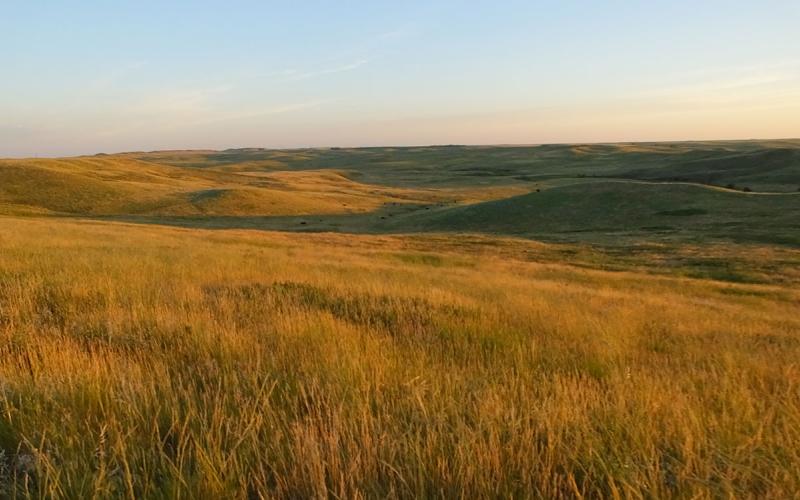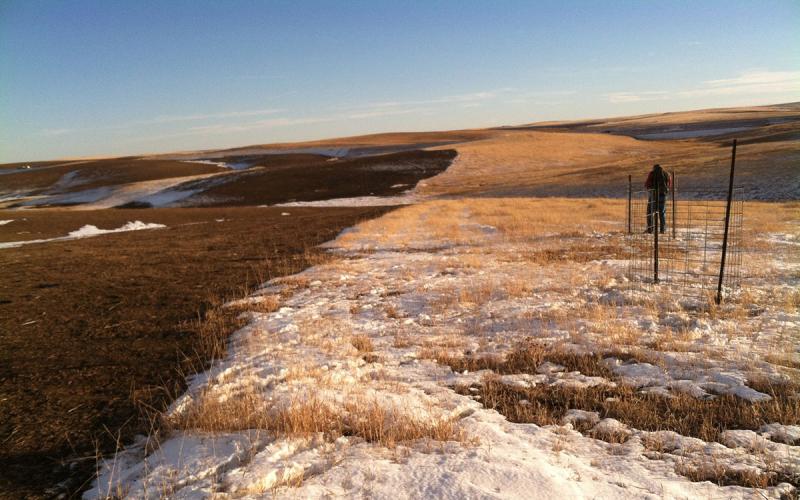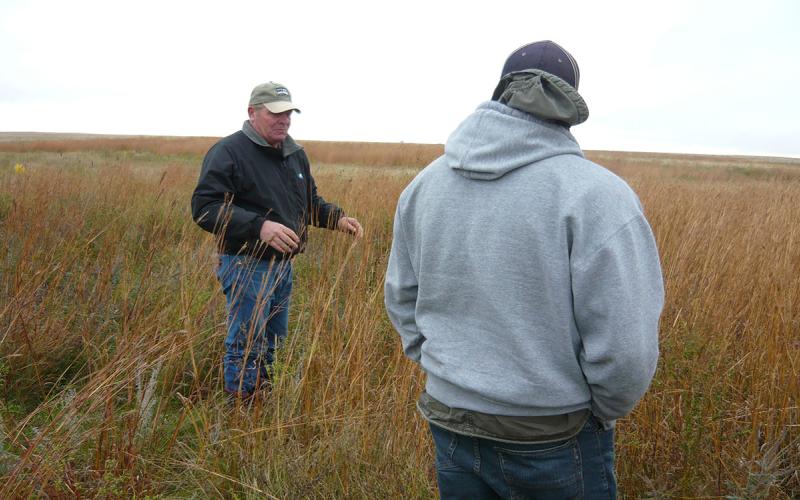Written by Paul O. Johnson, former SDSU Extension Weed Science Coordinator.
Noxious weed control in pastures is becoming more of a challenge. Most ground commercial spray businesses are no longer spraying pastures. If they are, there may be restrictions on the time they will spray, what products they will spray, or they may only spray if they also have all of the rest of your spraying business. These restrictions are making spraying pastures more difficult and limited. It is still the law, however, to control noxious weeds. Not being able to find a commercial sprayer is not a valid reason not to spray.
With the warm temperatures this spring pasture spraying will be starting very soon for biennial thistle and wormwood sage. Canada thistle is still small as of May 1, as is spurge, however watch closely as we are still ahead of normal this season.
Before pasture spraying is in full force, now is the time to be looking into finding an applicator that will do pastures. There are some boomless sprayers that are in the market that can work well. Most of these sprayers use more water per acre than other sprayers, and they do not work well under windy conditions. If you have not sprayed in the past you will need to take a test to get your Private Pesticide Applicator certification to allow you to spray.
The law states anyone who has a farm that has the potential to gross more than $1000 of income from their farm is required to have this certification to apply any pesticide to their property, whether or not they are restricted use pesticides. If they are applying restricted use pesticides they also need to keep records of those pesticide applications for two years after they are sprayed. They also need to have an emergency response plan developed for their farm if they are spraying. Help with all of these requirements can be obtained at the SDSU Extension Regional Centers.


